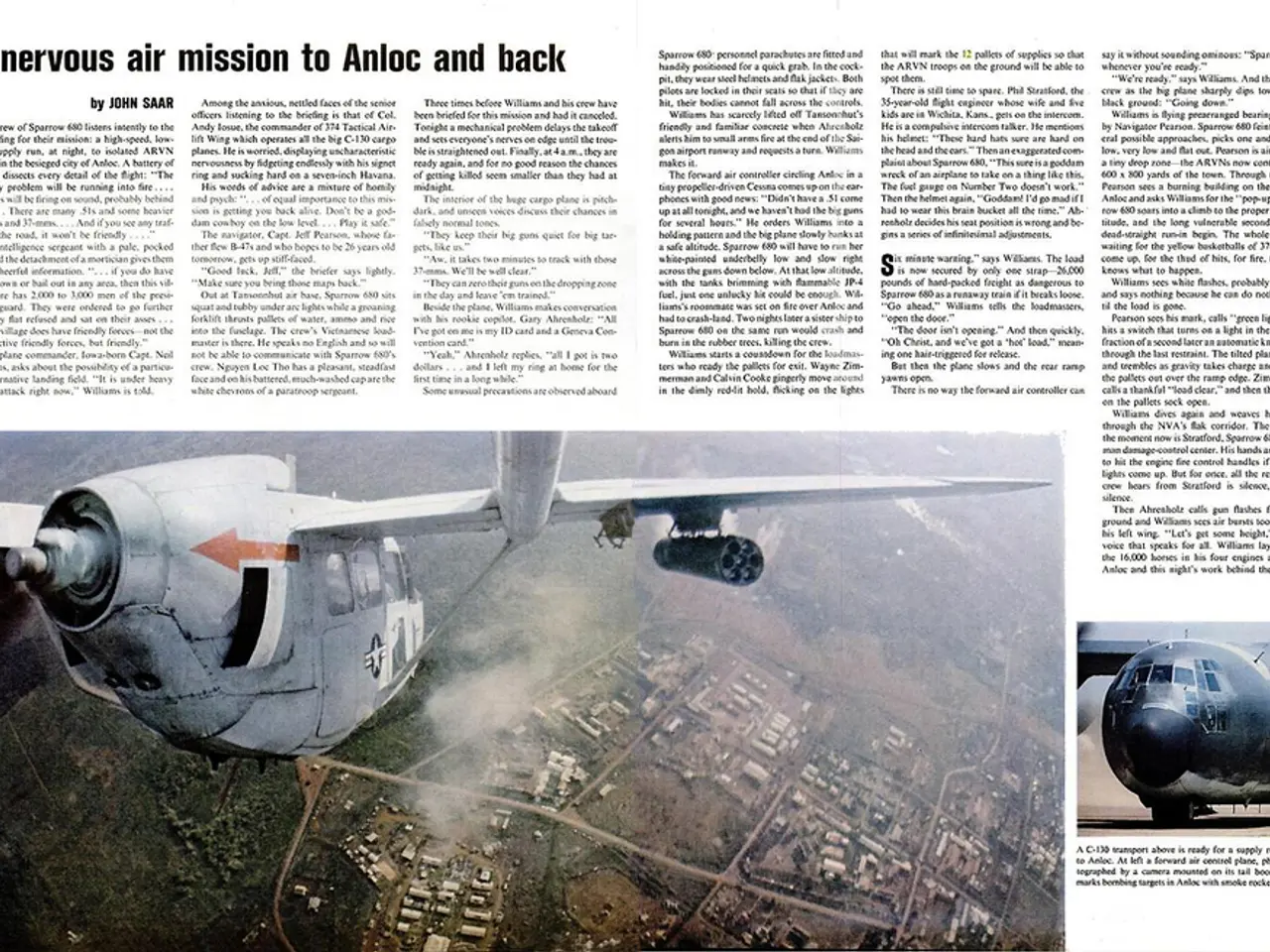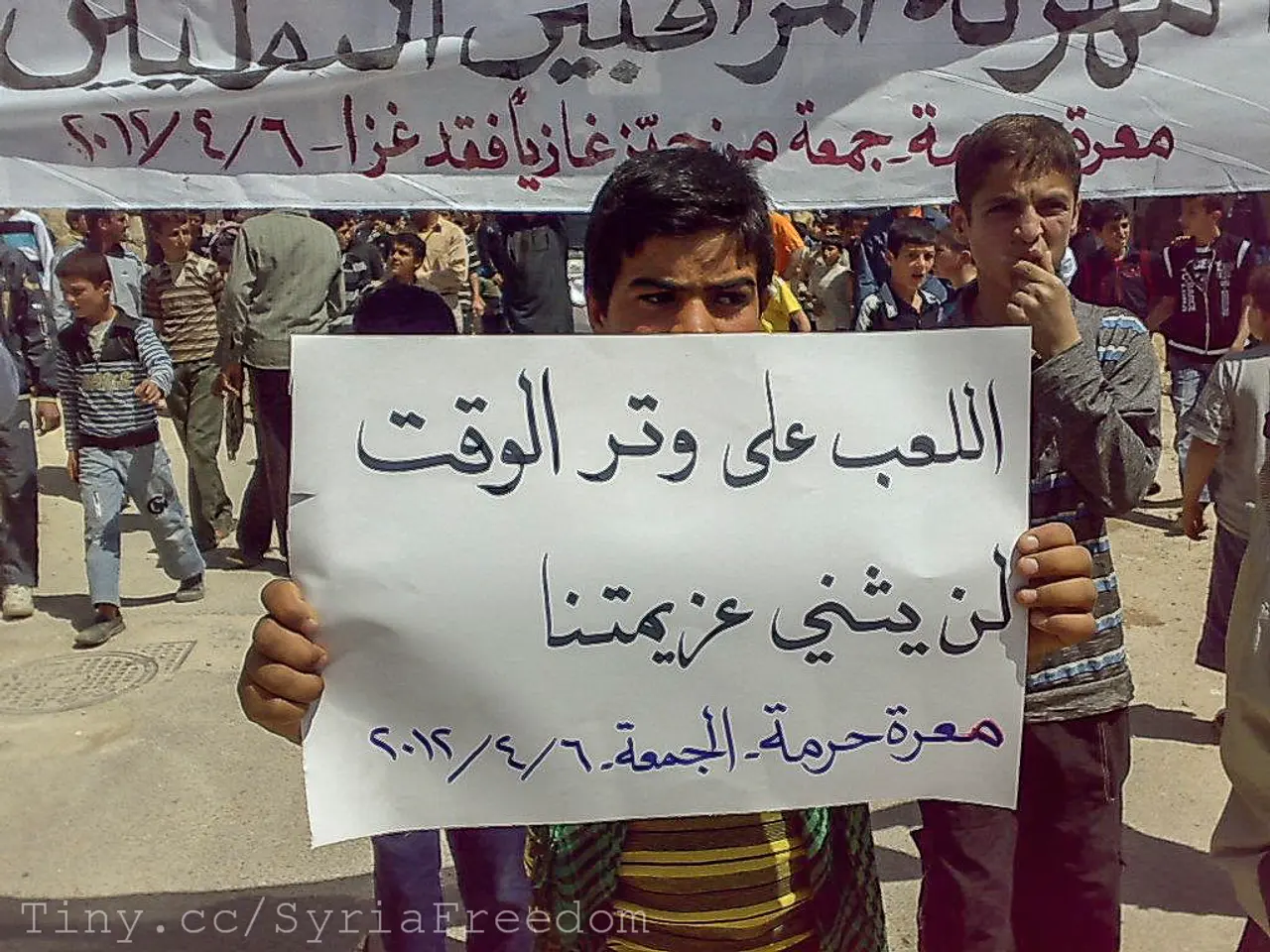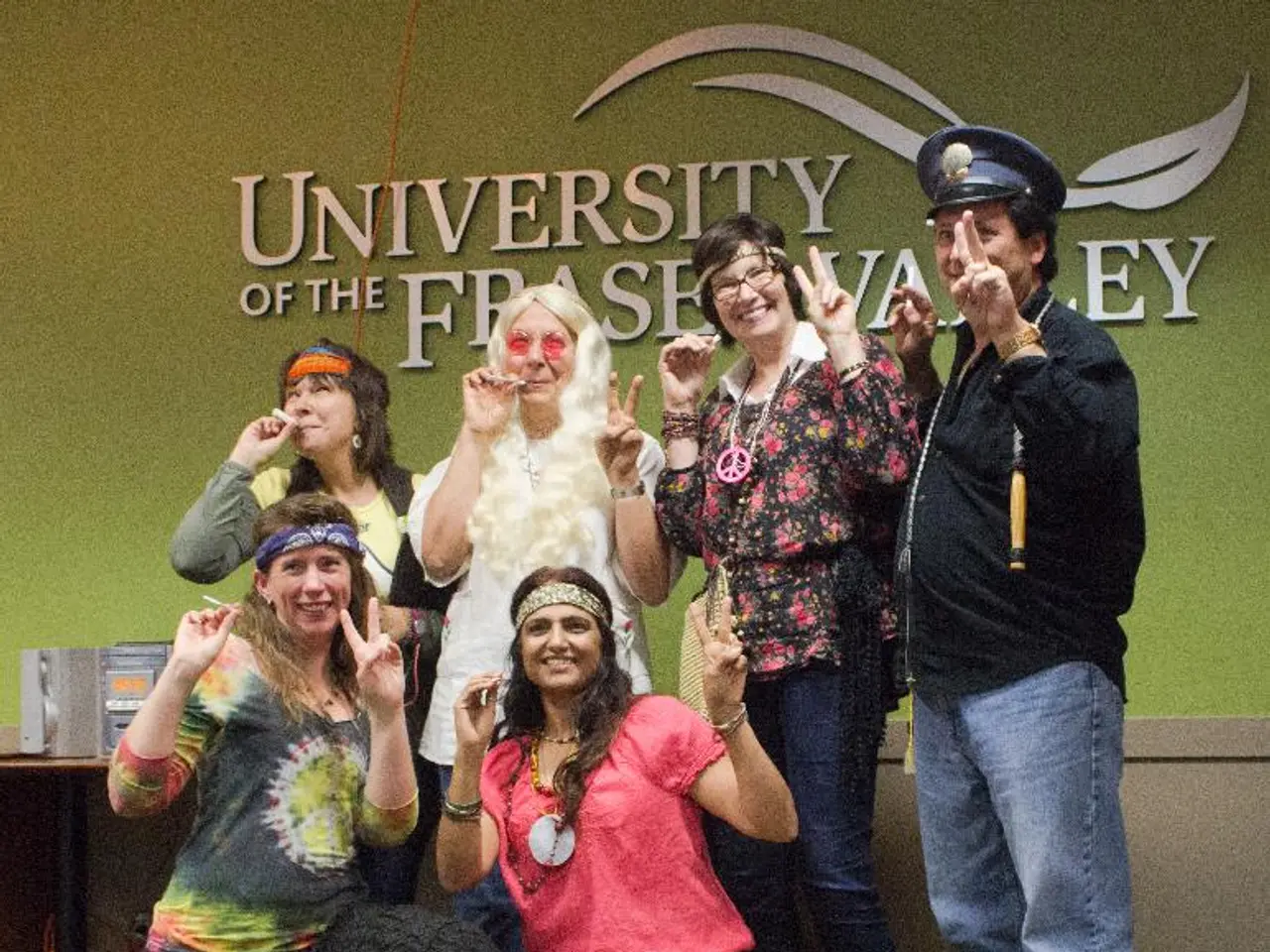Founder Christopher Mellon at the SOL Foundation Symposium Discourse
In a groundbreaking speech at the SOL Foundation Symposium in November 2023, Christopher Mellon, a renowned expert on UAP, emphasised the need for a serious, multi-hypothesis analysis of UAP due to their profound implications for national security and public awareness management.
Mellon, a former Deputy Assistant Secretary of Defense for Intelligence, addressed a gathering of experts from various sectors, including academia, government, and industry, at the symposium hosted by Nolan Laboratory and the Stanford School of Medicine. The event aimed to foster academic legitimacy for the study of UAP.
Mellon began by acknowledging the real and pressing nature of UAP, stating that the military and intelligence communities are no longer debating their existence but are instead focusing on understanding them. He outlined that the Pentagon has developed a broad range of hypotheses, encompassing conventional and unconventional possibilities such as foreign technology, atmospheric phenomena, and more extraordinary ideas like simulation theory and interdimensional overlap.
The national security implications of UAP were a significant focus of Mellon's speech. He stressed that UAP pose potential risks to national defense, as their origins and capabilities are unknown. The military-industrial complex is particularly concerned about unidentified systems potentially representing adversarial technologies or unknown threats. This uncertainty necessitates a rigorous and ongoing investigative framework.
Mellon also discussed the challenges of disclosure, highlighting the difficulty in managing public communication about UAP to avoid a "catastrophic disclosure" scenario. He underscored the need for government agencies to balance transparency with stability, preparing protocols on how to emotionally and socially manage the revelation of UAP realities to the broader public.
Mellon's presentation was methodical, indicating that official efforts are focused on scientific inquiry, intelligence gathering, and policy planning rather than speculation. He pointed out instances where these objects have been reported to jam radar systems on fighter aircraft, underscoring the potential risks they pose.
Mellon also pondered the balance between the advantages of openness and the potential risks, such as public unrest and international tension, in the context of UAP disclosure. He advocated for a cautious and deliberate approach to the disclosure of UAP information, emphasising public education and international collaboration.
In a thought-provoking speculation, Mellon suggested that acknowledging an extraterrestrial presence might unite the world against a common external challenge, transcending existing conflicts and fostering global cooperation. He referenced the Sputnik crisis as a historical example of humanity's response to existential shocks and the potential benefits that could emerge.
Despite scheduling conflicts preventing Mellon from testifying at an upcoming congressional hearing on UAP, his speech at the SOL Foundation Symposium has undoubtedly sparked significant interest and debate around the national security implications of UAP and the need for a nuanced approach that weighs scientific exploration against security needs.
[1] Reference: Mellon, Christopher K. (2023). Challenges and Recommendations for Closing the UAP Data Gap. Unpublished document.
- Christopher Mellon, speaking at the SOL Foundation Symposium, underscored the need for a multi-hypothesis analysis of UAP due to their implications for both national security and public awareness management.
- Mellon highlighted the potential risks posed by UAP to national defense, as their origins and capabilities remain unknown, making them a concern for the military-industrial complex.
- At the symposium, Mellon discussed the significance of disclosure, emphasizing the importance of managing public communication about UAP to avoid a catastrophic scenario.
- Mellon indicated that official efforts are focused on scientific inquiry, data gathering, and policy planning, rather than speculation, when it comes to UAP.
- In his speech, Mellon pondered the potential benefits and risks of openness regarding UAP, such as public unrest and international tension, advocating for a cautious approach.
- Mellon suggested that acknowledging an extraterrestrial presence might lead to global cooperation, potentially uniting the world against a common external challenge.
- Mellon's speech at the SOL Foundation Symposium has sparked interest and debate about the national security implications of UAP and the need for a balanced approach that weighs scientific exploration against security needs.




